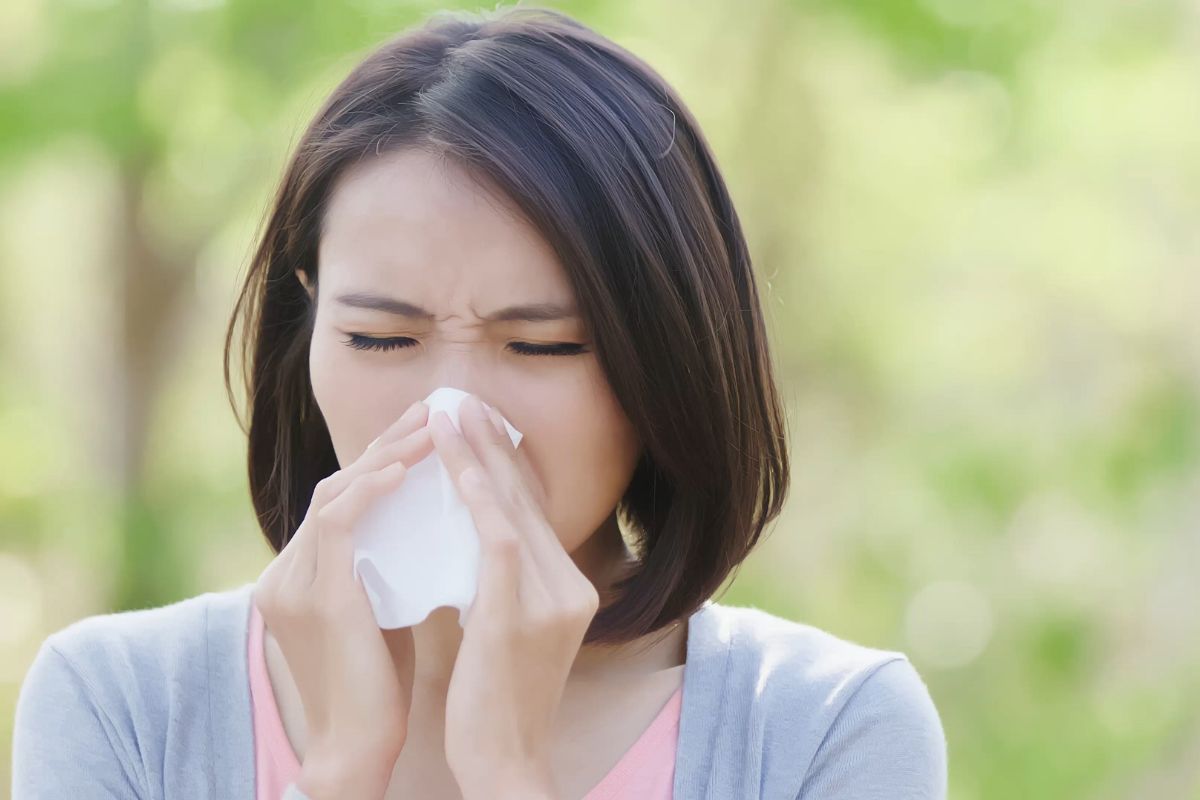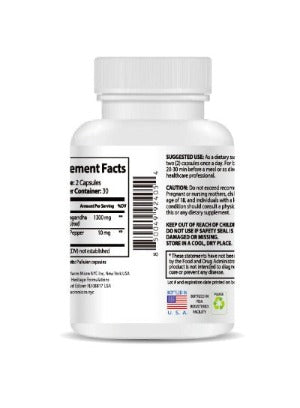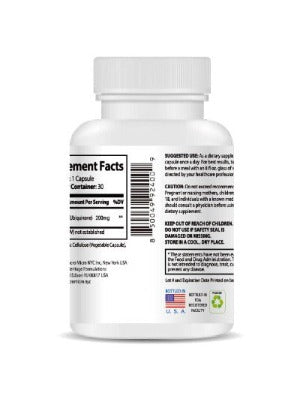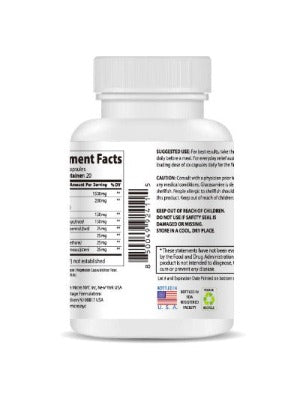Itchy Eyes and Pollen Allergy: What’s the Connection
In 2025, the rising prevalence of pollen allergies is undeniable, affecting millions worldwide. The impact extends far beyond a simple sneeze or runny nose; for many, the most bothersome symptom is the relentless itching of the eyes. This persistent discomfort isn't merely an inconvenience; it significantly impacts daily life, hindering concentration, reducing productivity, and even spoiling precious moments of relaxation. But what is the exact mechanism that links itchy eyes and pollen allergies? Let's embark on a more thorough exploration of this irritating, yet common, condition.
Understanding the Allergy-Itch Connection: A Detailed Look
Pollen, the microscopic powder produced by flowering plants, trees, and grasses, is a ubiquitous allergen. For those with pollen allergies, their immune system mistakenly identifies this harmless substance as a dangerous invader. This misidentification sets off a cascade of events, leading to the release of histamine and other inflammatory chemicals. This inflammatory response is the root cause of a multitude of allergy symptoms, with itchy, watery eyes serving as a prominent indicator. The eyes' reaction to pollen is more complex than simply irritation; it's a multi-step process involving the delicate tissues of the eye itself.
When pollen comes into contact with the eye's surface, specifically the conjunctiva (the thin, transparent membrane lining the eyelids and covering the white part of the eye), it triggers an immediate inflammatory response. The conjunctiva, being highly sensitive, reacts swiftly to the presence of allergens. The histamine released during the allergic reaction stimulates nerve endings in the conjunctiva, creating the intense and persistent itching sensation. This inflammation isn't just limited to itching; it also manifests as redness, swelling, and excessive tear production, compounding the overall discomfort and potentially impairing vision.
The Science Behind Itchy Eyes: A Deeper Dive
The precise mechanisms behind pollen-induced eye itching involve several key players in the body's immune system. When pollen enters the eye, specialized immune cells called mast cells recognize it as a foreign substance. These mast cells then degranulate, releasing a potent cocktail of inflammatory mediators, including histamine, leukotrienes, and prostaglandins. Histamine is the primary culprit behind the itching, causing vasodilation (widening of blood vessels) that leads to redness and increased blood flow to the conjunctiva. Leukotrienes contribute to the swelling and mucus production, while prostaglandins amplify the inflammatory response and intensify the sensation of pain and itching.
The inflammatory cascade doesn't end there. The release of these inflammatory mediators also attracts other immune cells, such as eosinophils and neutrophils, to the site of the allergic reaction. These cells further contribute to the inflammation, perpetuating the cycle of itching and discomfort. The continuous cycle of inflammation can lead to chronic irritation, potentially increasing the risk of developing more serious eye conditions if left unmanaged.
Beyond the Itch: Long-Term Effects of Untreated Pollen Allergies
The discomfort caused by itchy eyes is far more than a temporary annoyance; it can have significant long-term consequences. Chronic inflammation resulting from untreated pollen allergies can severely compromise eye health. Constant rubbing and irritation from the itching can damage the cornea, the transparent front part of the eye, potentially leading to corneal abrasions, ulcers, or even scarring. Persistent inflammation also increases the risk of developing other eye conditions, such as dry eye syndrome, blepharitis (inflammation of the eyelids), and even certain types of conjunctivitis.
Moreover, the sleep deprivation and stress associated with constant eye itching can negatively impact overall health and well-being. The persistent discomfort can lead to reduced concentration, affecting work or academic performance. The emotional toll of dealing with persistent allergy symptoms should not be underestimated; it can significantly reduce quality of life.
Seeking Relief: Exploring Gentle Solutions for Itchy Eyes
Traditional approaches to managing itchy eyes often involve over-the-counter antihistamines or other medications. While these can provide temporary relief, they frequently come with undesirable side effects, such as drowsiness, dryness, and other systemic effects that impact daily activities. For a more targeted and gentler approach, consider exploring natural and soothing alternatives that address the root cause of the discomfort without the harsh chemicals or unpleasant side effects.
For a gentler, more natural approach to soothing itchy eyes, consider Wise Quest Soothing Eye Patches. These innovative patches harness the power of traditional Chinese herbal medicine to provide soothing relief from various eye discomforts, including the itching associated with pollen allergies. They offer a drug-free, holistic solution to combat eye fatigue, dryness, astringency, redness, and swelling—all common symptoms of allergic reactions.

The unique formulation of Wise Quest Soothing Eye Patches promotes healthy blood circulation around the eyes, reducing inflammation and calming the irritated conjunctiva. This gentle yet effective approach helps alleviate the itchiness, redness, and swelling without harsh chemicals or potentially drowsy side effects. They offer a drug-free, holistic path to improved eye health and well-being, making them a valuable addition to any allergy management plan.
Long-Term Strategies for Eye Health and Allergy Management
Managing pollen allergies effectively requires a multifaceted approach that goes beyond simply treating immediate symptoms. While achieving quick relief from itchy eyes is essential, establishing a long-term eye care strategy is equally important for preventing future irritation and protecting eye health. This comprehensive approach involves not only managing symptoms but also proactively protecting your eyes from further damage.
Beyond using Wise Quest Soothing Eye Patches for symptom relief, preventative measures are equally crucial. Wearing sunglasses outdoors during peak pollen seasons helps shield your eyes from direct exposure to pollen. Using air purifiers indoors can significantly reduce pollen levels in your home and workspace. Regularly washing your face and eyes with cool water helps remove pollen and other irritants that may have accumulated throughout the day.
In addition to these preventative measures, maintaining good eye hygiene is essential. This includes avoiding rubbing your eyes, which can further irritate the conjunctiva and worsen inflammation. Getting adequate sleep, staying hydrated, and incorporating stress-reducing techniques into your daily routine can also improve overall eye health and reduce the severity of allergy symptoms.
Taking Control of Your Allergies: A Holistic Approach
Don't let itchy eyes control your life. In 2025, take charge of your allergies with a comprehensive strategy that blends effective prevention, targeted symptom relief, and a commitment to long-term eye health. The Wise Quest Soothing Eye Patches are an important part of this approach, providing natural, soothing relief and supporting the overall health and well-being of your eyes. Remember to consult with an ophthalmologist or allergist for a personalized diagnosis and treatment plan to effectively manage your specific allergies.
Key Takeaways: A Summary of Essential Points
- Itchy eyes are a prevalent and often debilitating symptom of pollen allergies.
- Pollen allergies trigger a complex inflammatory response in the eyes, causing itching, redness, and swelling.
- Chronic eye inflammation from untreated allergies can lead to long-term eye health problems.
- Wise Quest Soothing Eye Patches offer a gentle, drug-free solution for itchy, irritated eyes.
- A comprehensive allergy management plan should include both preventative measures and targeted symptom relief.
- Consult with a healthcare professional for a personalized diagnosis and treatment plan.
By combining preventative strategies, proactive symptom management with products like Wise Quest Soothing Eye Patches, and regular consultations with healthcare providers, you can significantly reduce the impact of pollen allergies and enjoy healthier, more comfortable eyes throughout the year. Remember, your eye health is a priority; proactive care can make a significant difference in your quality of life.









